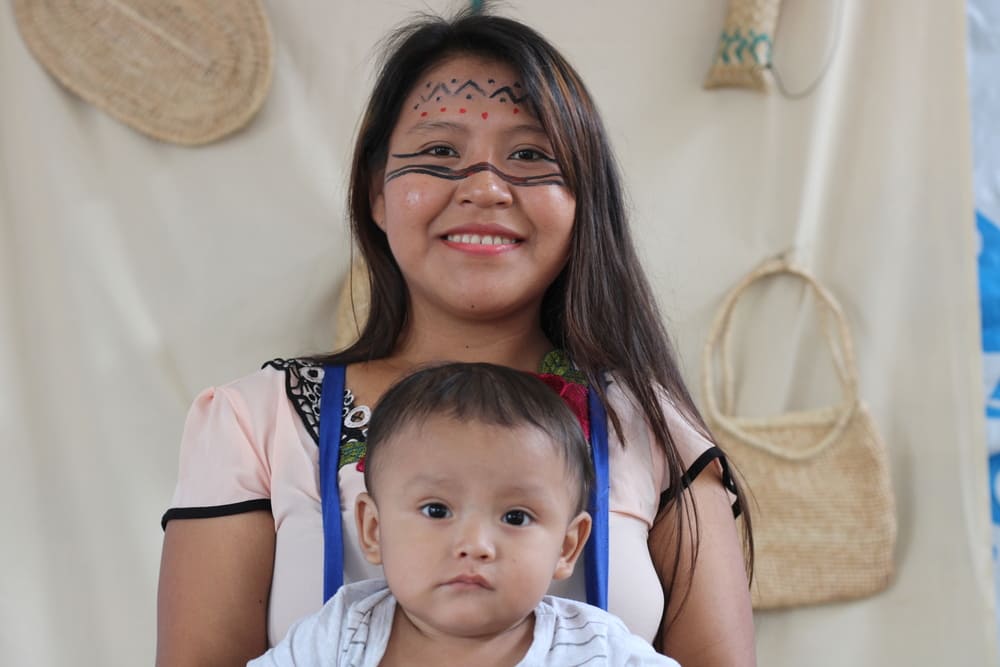Irrespective of their nationalities, mothers are capable of facing any obstacle to protect their children. They walk for miles in search of a safe place to shelter them, they face language barriers, cultural differences, and must overcome multiple social, economic and psychological vulnerability contexts dictated by refuge and immigration conditions.
According to a report of the Federal Subcommittee for Reception, Identification and Screening of Immigrants (Venezuelan Immigration), published in January of 2022, of the 689,694 entries of Venezuelans to Brazil between January 2017 and January 2022, 47% were profiled as women and 53% as men.
In search of better living conditions, women immigrate alone. or mostly, with little children (single-parent families), and they face various types of violence. At this time, the great challenge for the integration of immigrant women is the guarantee of employability in view of the reality of the profile of single mothers.
In the Relocation Strategy program, 54% of the women interviewed are relocated through family reunification, and only 30% are relocated with a guaranteed job vacancy.
Entrepreneurial Mothers
The Indigenous Cultural and Training Center (ICTC), under the coordination of the Fraternity – International Humanitarian Federation (FIHF), and supported by various partners, has the main objective of promoting the socioeconomic independence of the Venezuelan population in the city of Boa Vista, Roraima, through offering a communal space for cultural expression, training and activities that generate income, and the promotion of associateships, cooperatives and individual enterprises.
Among the dozens of people who have received these training courses, there are many mothers who, dreaming of the possibility of rebuilding their lives in Brazil and offering their children the hope of a better future, train in various workshops such as sewing, computing, haircutting, Portuguese, handicrafts, mosaics, painting on canvas, crocheting, cement artifacts, good food practices, shoe making, manicure and pedicure, drawing, wall-painting, and many others.
One of these mothers is Emília, an indigenous artisan of the Warao tribe, who is a member of the Handicrafts Committee, and has received advanced training in the techniques taught by the team at the “La Casa” Museum, which allows the group to undertake and have a greater impact on the national and international handicraft market. In this way, they add value to their ancestral art and ensure support for their children.

Passed on through generations, Warao handicrafts are an expression of the cultural identity of this people, and has resisted time, changes and even the forced migration.
Hermínia Nunes, 57 years old, also emphasizes the importance which handicrafts have for the survival of the families, often being their only source of income. “The majority of us don’t know how to read or write, and to get work is very difficult. Handicrafts is what ensures our being able to raise our children.”

Building a more human and welcoming world, like the love of a mother
The challenges faced and overcome by refugee and immigrant women are innumerable. At the same time they rebuild their lives and that of their families, they also contribute to the rebuilding of a more diverse and pluralistic society, because to the shelter community they bring cultural elements, knowledge and experiences that make it possible to build a more just and human world, in which the energy of motherly love and care for others prevail.
On Mothers’ Day, the Humanitarian Fraternity (FIHF) pays homage to all mothers, especially the immigrant and refugee mothers of the whole world.
Happy Mother’s Day!










